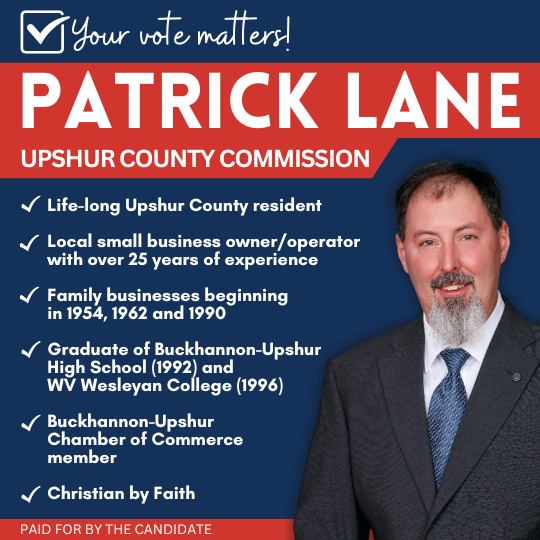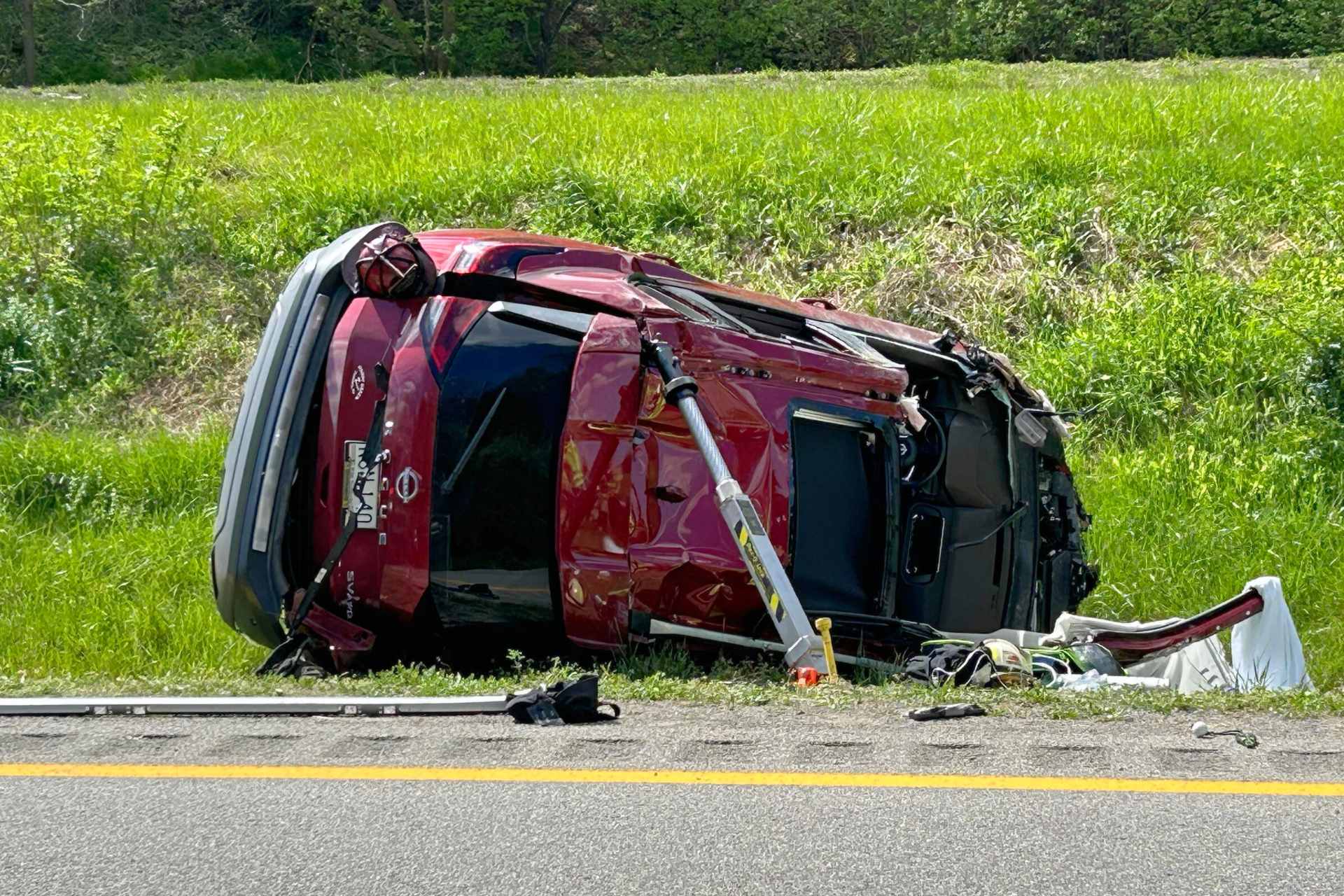CHARLESTON, W.Va. – The House of Delegates on Monday overwhelmingly passed comprehensive legislation designed to encourage development and expansion of the latest-generation of broadband internet and high-speed wireless technologies across the state.
“Broadband development and expansion is absolutely critical for West Virginia to take full advantage of the 21st-century economy,” said House Speaker Roger Hanshaw, R-Clay. “Just like the interstate highway system unleashed commerce in the 20th century, broadband and high-speed wireless technologies now have the ability to unleash our state’s potential and connect West Virginians to the world like never before.”
The House voted 97-2 to pass House Bill 2005, the Broadband Expansion Act of 2019. The bill builds upon legislation passed in 2017 and 2018 to promote broadband development and expansion in the state, and is designed to make it easier and more cost-effective to deploy broadband infrastructure in underserved parts of the state.
“Our people have been left behind and they deserve better,” said Delegate Daniel Linville, R-Cabell, the lead sponsor of the bill. “This bill is opportunity. It’s an opportunity for our students to access the greatest library in the world – the internet. It’s an opportunity for businesses and entrepreneurs to access the global markets. It’s an opportunity for our health care providers and residents to have access to and benefit from the latest health care technologies.”
Among its provisions, the bill:
- Includes “Make-Ready Pole Access” provisions to require electric utilities to study whether it would be feasible to provide broadband service technologies on their existing distribution and transmission infrastructure. This activity would be overseen by the state Public Service Commission.
- Establishes the “West Virginia Small Wireless Facilities Deployment Act,” which will allow broadband providers to use existing rights-of-way and utility poles to place next generation wireless and broadband technologies. This will make it easier for them to use existing infrastructure to deploy technologies, dramatically reducing capital costs.
- Creates the “Wireless Technology Business Property Valuation Act,” which creates a special method of evaluating the valuation of wireless technology for tax purposes to reduce costs and encourage investment. This would give developers a greater incentive to construct wireless technologies in the state.
Linville said private companies are monitoring this legislation and are prepared to invest tens of millions of dollars in new infrastructure if it becomes law.
“This bill will unleash investment and the entrepreneurial spirit of our people,” Linville said. “That will translate into jobs, opportunity and a better quality of life for everyone who lives and does business in our state.”
Hanshaw said this bill, combined with laws passed in the past two sessions, has positioned West Virginia as a national leader in finding ways to encourage broadband expansion and development.
“Other states are now looking at West Virginia as a model for how to improve broadband infrastructure in their states,” SHanshaw said. “We are now leading the way in new methods of encouraging broadband and high-speed wireless infrastructure development. Innovative legislation like this will help us accomplish our mission of making West Virginia the best place to live, work and raise a family.”
The bill now heads to the state Senate for further consideration.


















